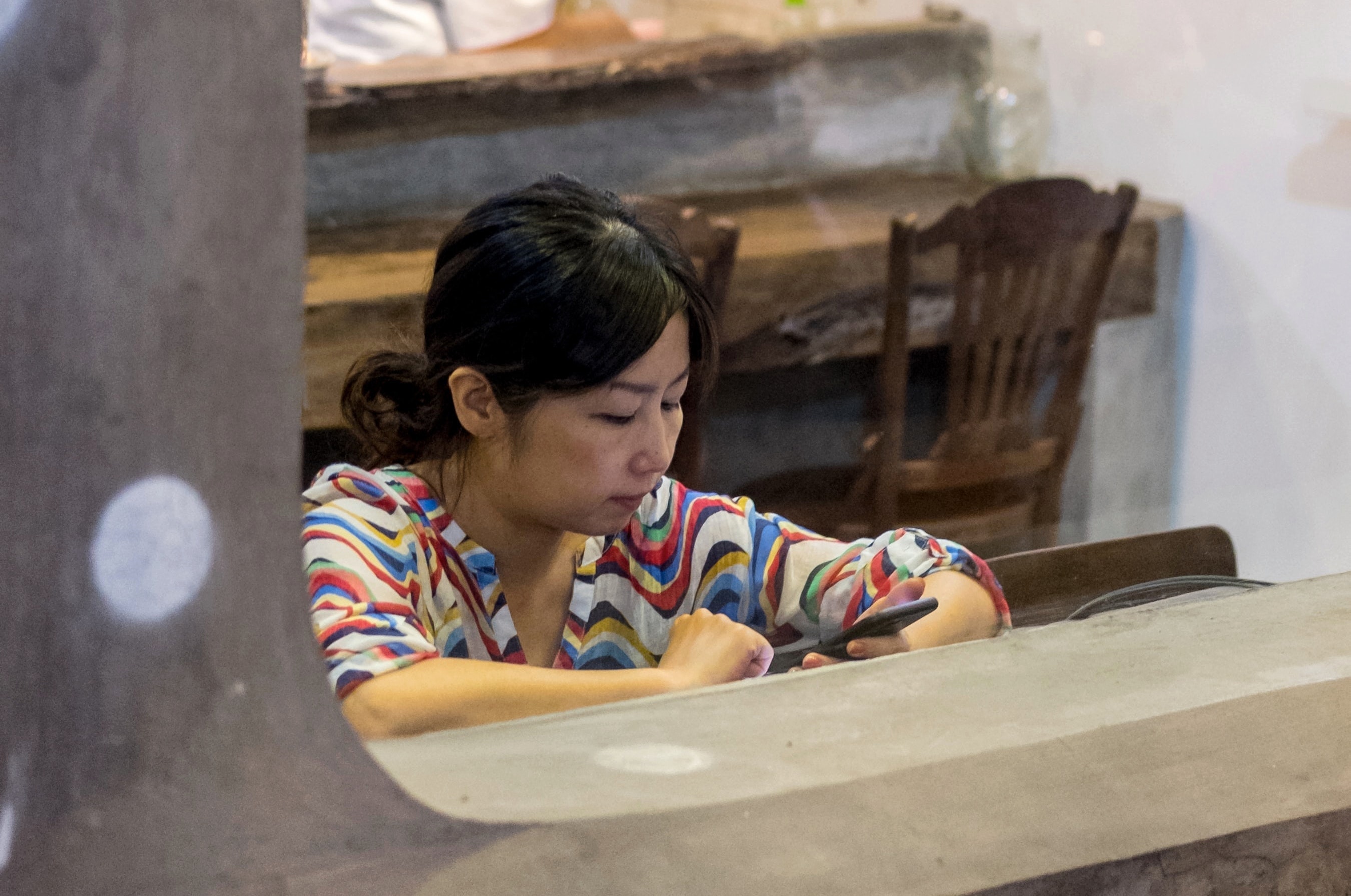Whether you’ve been directly affected by the pandemic, there is no denying that the COVID-19 virus has changed our lives. Many of us has experienced real losses in various forms – whether it’s a loved one, loss of jobs and employment, breaking up of relationships, and even the loss of freedom with the lockdowns and travel restrictions.
Everyone is in a situation they never predicted. Families are stranded across different countries or even continents, with no end in sight. Economies are crashing, with entire industries like the entertainment and travel sphere just barely surviving. Couples and loved ones can’t meet up as often, leading to strained relationships. Even going to the store to get some groceries is not as simple as it used to be.
It can get overwhelming.
Is what I’m feeling considered grief?
Grief comes in many forms and feelings. Other than the grief from losing a loved one to the virus and being unable to be there for them, there’s also anticipatory grief from the loss of jobs and social contact.
Often, feelings of anxiety, desperation, or even just uncertainty are also a type of grief. Even though we know the pandemic is temporary, we don’t know when or how this would end. The only thing that we know is that things are different and would probably never go back to how it was before 2019; kind of like how going to an airport totally changed after 9/11.
There’s also a sense of collective grief, with a hanging air looming above everyone’s heads. Sometimes you might even wonder if your personal problems are so insignificant, and if it’s of lesser importance compared to the pandemic. It doesn’t help that a lot of the news are mostly negative, with no end in sight.
If you’re experiencing any of these emotions in any sort of way, you’re not alone. And it’s okay to experience these feelings and to seek help.

Understanding your grief
In Asian culture, expressing emotions is often not prevalent.
While the younger generation is starting to see the benefits of therapy, the older generation might see it as a waste of money. Speaking to a therapist is a good way to help you get in touch with your feelings and understand why you’re feeling the way you are now. It can be the first step to coping with grief.
If going to a therapist is something that you’d prefer to avoid, you can always talk to your parents or even a close friend. The support of a loved one is also another way of helping you deal with the situation.
Coping with grief
According to David Kessler, the expert behind On Grief and Grieving: Finding the Meaning of Grief through the Five Stages of Loss, there are 5 stages of grief. There’s denial, bargaining, anger, sadness, and eventually acceptance.
The 5 stages don’t always happen in order, but it’s the final stage of acceptance where you feel more in control.
Making the best out of everything
One technique to reach the acceptance stage that Kessler recommends is to let go of what you cannot control. Instead of worrying about others and situations where you cannot make a difference, try focusing on the things that you can do instead.
Try and also understand others with a little more compassion. People are now more on edge and dealing with probably the same unexpected situation as you are. If they are more snappish or exhibiting unusual behavior, try to be a bit more understanding. As always, you might even want to lend a listening ear or some support.

Taking care of your health
It’s easy to neglect your own health, especially when you’re preoccupied with other thoughts or locked in a room all day long.
Taking care of your health is not just limited to eating a balanced diet and being fit. It’s also about ensuring that you’re in the best mental state of mind, and it might take a social media disconnect to refresh your mind.
If the pandemic is what’s causing the anxiety, consider not reading the latest news or even totally avoiding social media and news sites to get a break from all the negative news. Going for a run or doing some light exercise is also a good way to distress all the pent up energy.
Join the conversations on THG’s Facebook and Instagram, and get the latest updates via Telegram.














